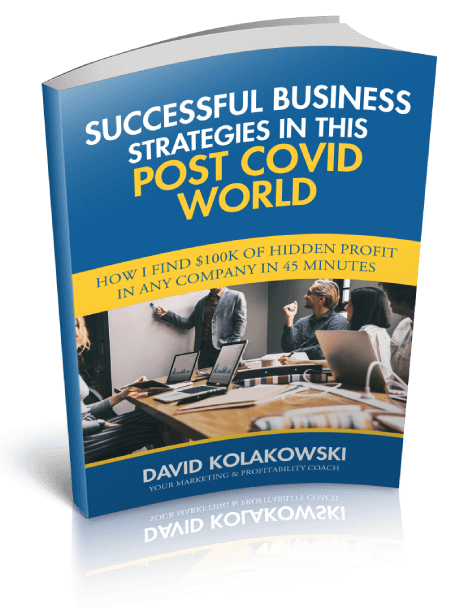Today I’m going to talk about the life cycle of a business and how to get the most out of each cycle while also extended the lifespan of your business.
The four different stages of a business life cycle are:

- Infancy
- Adolescence
- Growing Pains
- Maturity
We’ll talk a little about what each of these cycle’s means and how they can each help expand your business’ lifespan.
Infancy
This is generally considered the technician’s phase, which is the owner. At this point, the relationship between the business and the owner is that of a parent and new baby. There is an impenetrable bond that is necessary to determine the path your business will follow. Never drop your baby.
The key is to know your business must grow in order to flourish. You cannot stay in this stage forever.
Adolescence
In this stage you need to start bringing your support staff together to delegate to and allow growth to happen. The first line of defense is your technical person as they need to bring a certain level of technical experience. This cycle really belongs to the manager though. The plan stage needs to start, and a relationship should be built with the entrepreneur to plan for the future.
Growing Pains
There’s a point in every business when business explodes and becomes chaotic. This is referred to as growing pains. It’s a good problem to have, but a problem nonetheless. You are often faced with a number of choices:
- Avoid growth and stay small
- Go broke
- Push forward into the next cycle
Maturity
The last cycle is maturity, though this doesn’t mean the end of your business. Your passion for growth must continue in order for your business to succeed. You need to keep an entrepreneurial perspective in order to push your business forward.
You see how all four of these cycles are connected and depend on a strong foundation for each one of them for your business to be and continue to be successful. All three of your key roles (the technician, manager, and entrepreneur that I mentioned in my previous post) must also work together to work through these cycles.
If you’re having trouble putting together your business life cycles and figuring out which of the key roles you fit into, try our FREE test drive and work with one of our amazing coaches.





